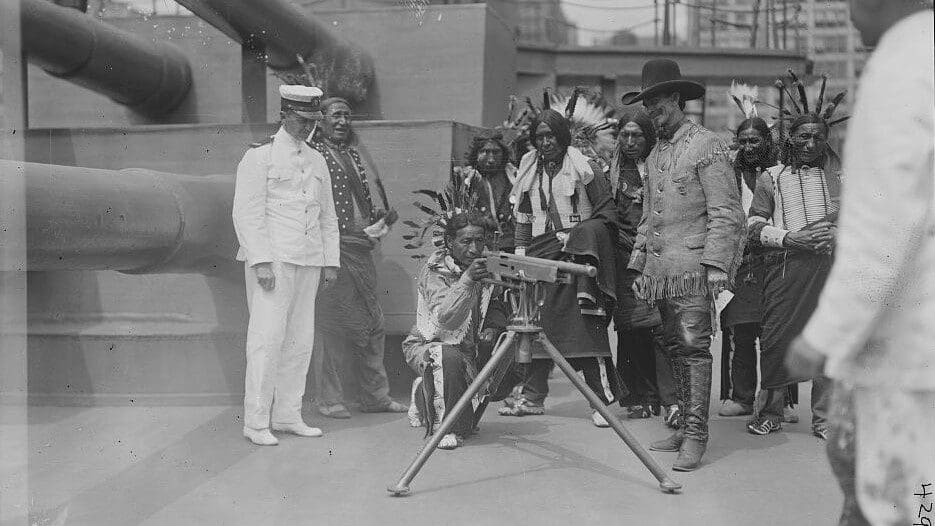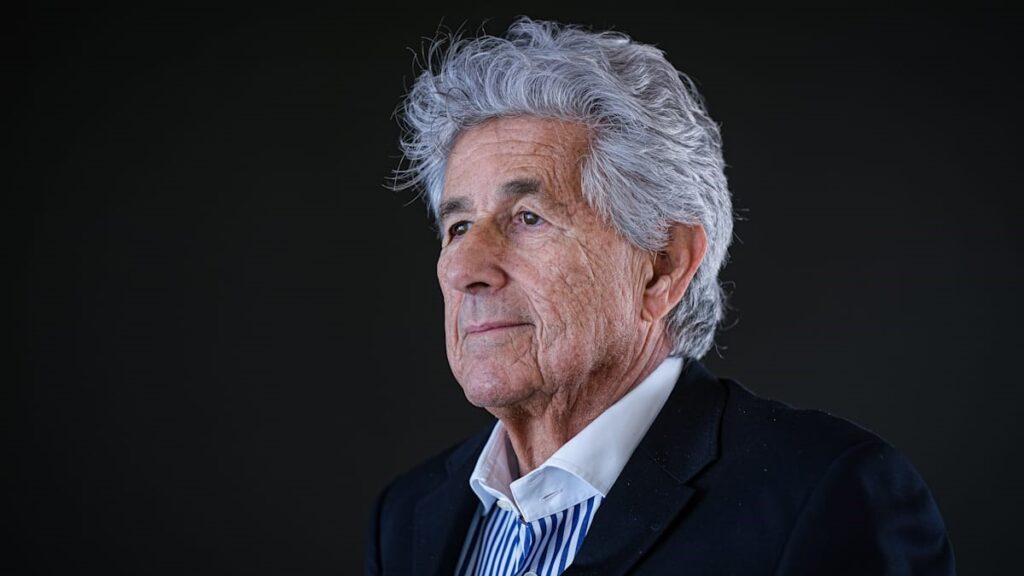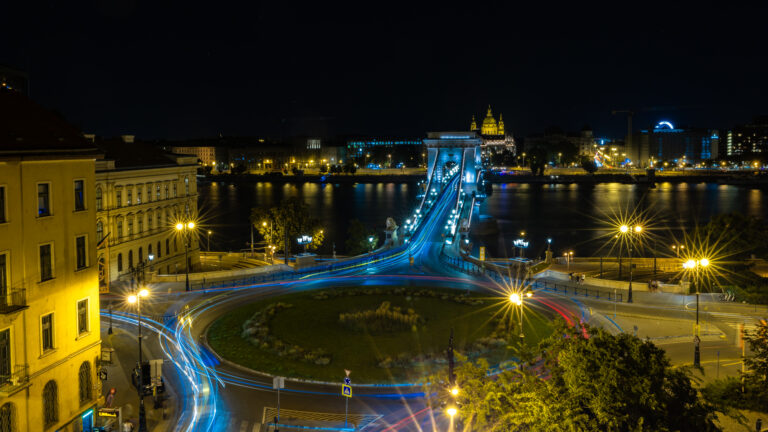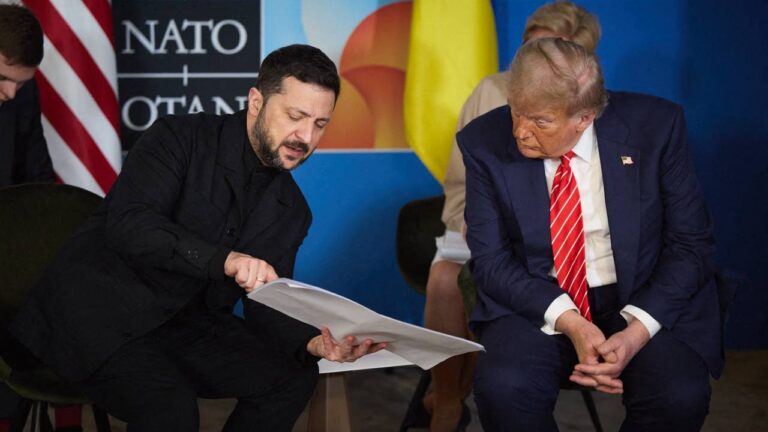In 1981, during the Economic Summit at Cancún, Mexico, then President Ronald Reagan stated:
‘[W]e will promote a revolutionary idea born more than 200 years ago…It is called freedom and it works. It is still the most exciting, progressive, and successful idea the world has ever known.’
Reagan’s speech was not just to confront the ongoing Soviet aggression, but to facilitate public and private investments and to provide incentives in underdeveloped countries. The truth of the matter is that, at least for the last thirty years, instead of the US fostering economic and socio-political prosperity,
we have witnessed American imperialism.
On 6 June, the Mathias Corvinus Collegium in Budapest hosted Professor Jeffrey Sachs, the Director of the Center for Sustainable Development at Columbia University in New York to speak at the Peace Forum. Of the proactive issues discussed, aside United States intervention in the elections in Czechia or neighbouring Slovakia, was how the US has invested millions of dollars into forces and actors in Hungary with the purpose to undermine and debilitate the ‘democratically elected conservative government’ of Viktor Orbán.
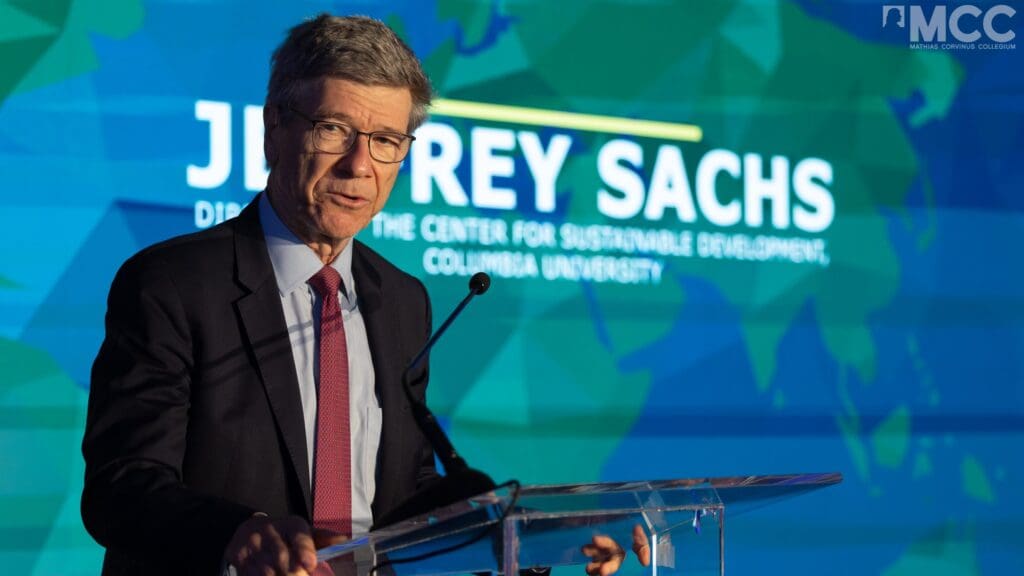
Sachs did not hold back any punches by saying that the ultimate goal of the US is world dominion:
‘…starting in 1992, [after the breakup of the Soviet Union]’, said Sachs, ‘drawing on its ideological history, the US came to believe that it was the sole super-power of the world, and it has been determined to keep it that way…It is a fantasy to think that a country that has 4.1 [per cent] of the world’s population, runs the other 95.9 [per cent]…They believe that the world can only work if the beneficent US is there to lead it.’
The Empire of Liberty
In 2001, just months before the 9-11 attacks, former US Secretary of State and National Security Adviser Henry Kissinger published a book titled Does America Need a Foreign Policy? – Toward a Diplomacy for the 21st Century. Written after the Iron Curtain had officially fallen, Kissinger hinted that if the US were not involved in the policing of international crises, then it would lose its effectiveness as a super-power. In other words, US foreign interests are equivocal to its self-preservation, which would be challenged if it did not find itself coordinating the affairs of the international community. In essence, the US had grown into an empire of liberty.
The US became an imperial power in its own right by the end of the nineteenth century, specifically from 1898 to 1901, when it claimed territory or influence over no fewer than five islands outside its territorial boundaries: Cuba, Hawaii, Guam, Puerto Rico, and the Philippines. It did so in order to compete with the industrial nations of Europe and Asia, namely Great Britain, France, Germany, and Japan, which had been seeking to seize the territories in the undeveloped part of the world.
Under the guise that is was America’s duty to spread the light of civilisation and democracy to the ‘backward’ people of the world, the former British colony took it upon itself to govern the peoples of Latin America and the Pacific—whether they wanted it or not.[1] With the reconstruction of Western Europe after World War II, given the waning of British power, under the Economic Recovery Act of 1948 (better known as the Marshall Plan), the US became the sole nation that could guarantee a safe haven for democracy, i.e., liberalism and capitalism. Just like the aforementioned ‘backward’ individuals, whether Western Europeans wanted the US in their terrain or not,
they had no choice if they wanted to rebuild their lives.
The paradox of American diffusion of democracy or its anti-imperial policy, such as the Russian invasion of Ukraine—never mind that the US has invaded and occupied countries, or parts therein, such as Iraq and Syria—is that the US, in defeating and dismantling its adversaries, has simultaneously incorporated, according to Emeritus Professor of Political Science at Colorado University David C. Hendrickson, ‘many of the characteristics once deemed obnoxious in these enemies—powerful standing military establishments, a pervasive apparatus for spying and surveillance, a propensity to rely on force as a preferred instrument of policy, and a disdain for popular opinion or legislative control in matters of force.’
A salient example of this was the US effort to prevent Salvador Guillermo from becoming president in Chile. Despite being democratically elected in 1970, the US, weary of his open Marxist ideologies, pumped money to destabilise his government. While Washington did not directly sponsor his coup d’état at the hands of General Augusto Pinochet, it certainly paved the way for it.[2] Worse was when the CIA deposed Iranian Prime Minister Muhammad Mosaddeq from power in 1953 and Shah Mohammad Pahlavi in 1979—both wanted to nationalise their country’s oil.
The US, through the National Endowment for Democracy (NED)—a US ‘independent, nonprofit foundation dedicated to the growth and strengthening of democratic institutions around the world’—has utilised economics as their weapon to achieve its ends. Established in 1983, it provides more than two-thousand annual grants ‘to support the projects of non-governmental groups abroad who are working for democratic goals in more than 100 countries.’ In reality, according to Sachs,
NED interferes in the sovereignty of other nations by funding US-leaning political movements within countries to win power.
The same can be said of the hegemonic US-created World Bank (WB) and the International Monetary Fund (IMF).
The WB, which evolved from the International Bank for Reconstruction and Development in 1944, as a facilitator in post-war reconstruction and development, is today composed of and the International Development Association, International Finance Corporation, the Multilateral Guarantee Agency, and the International Centre for Settlement of Investment Disputes—the International Monetary Fund (IMF) also parallels the mission of the WB. The term development tends to be a spoof since at the time of its establishment most of the so-called developing countries were still colonies.
‘The IMF and the World Bank’, as explained by as former WB Chief Economist Joseph Stiglitz, ‘became the new missionary institutions, through which these ideas were pushed on the reluctant and poor countries that often badly needed their loans and grants.’[3] The reality is that both institutions threaten the borrowing countries by imposing conditions by which they have no choice to allow the privatisation of their natural resources, such as water services.[4]
In like manner, under the pretension of promoting and defending democracy, vis-á-vis imposing the LTBTQ+ agenda as human rights, the US and the EU have blocked funds to Hungary, thereby curbing its potential to foster economic growth. This policy has, in fact, had the opposite desire. More so, it has coerced Orbán to solidify economic relations with Communist China.
John Adams had once classified [the British] empire as ‘a despotism, and an emperor a despot, bound by no law or limitation but his own will: it is a stretch of tyranny beyond absolute monarchy.’ Can the same be said of the US?
Sachs, however, did say that all is not lost. It is his hope that ‘Prime Minister Orbán, President Erdogan, and…others in NATO could say clearly to the US and to their colleagues: “You known this approach is not working, you know we have to end this war, you know we have to go to negotiations”. I think even a small group telling the truth like that could make a big difference.’
We hope for the best, for
the paradox of American imperialism would be to live under the despotism of the Chinese Communist Party.
[1] See Gretchen Murphy, Shadowing the White Man’s Burden: U.S. Imperialism and the Problem of the Color Line. New York: NYU Press, 2010.
[2] See Robert Dallek, Partners in Power: Nixon and Kissinger. New York, Harper Collins, 231-42.
[3] Joseph E. Stiglitz. Globalization and its Discontents. London, W. W. Norton & Company, 2002, 13.
[4] Michael Goldman, Imperial Nature: The World Bank and Struggles for Social Justice in the Age of Globalization. New Haven, Yale University Press, 2005, 247.

